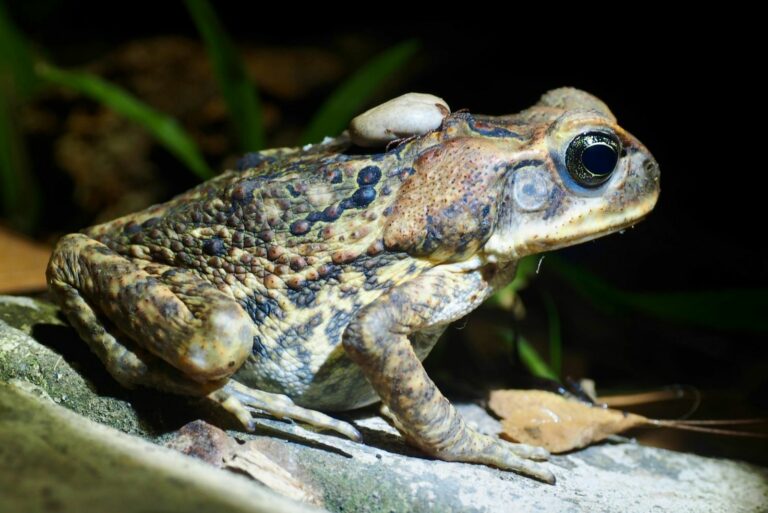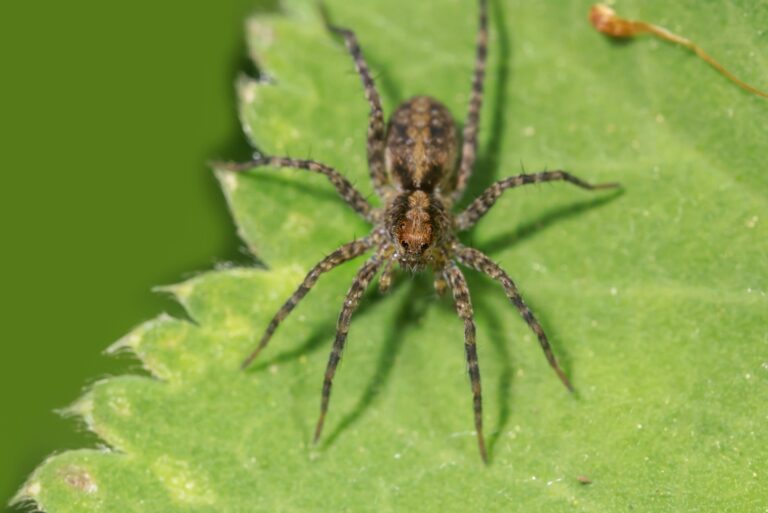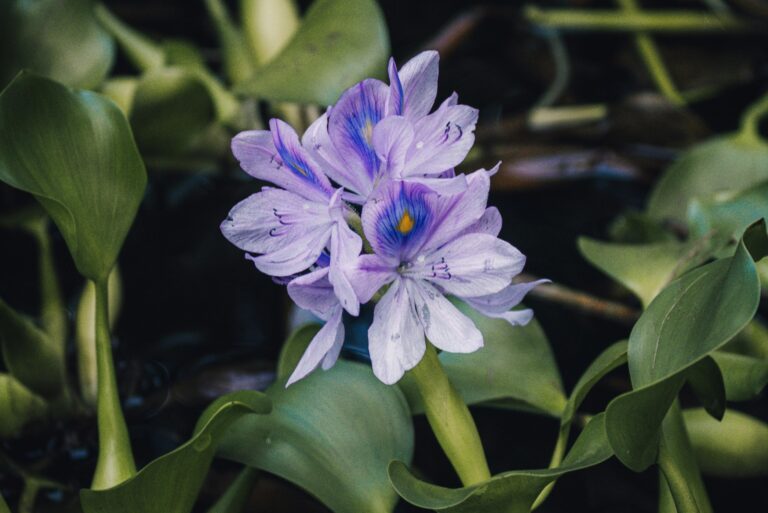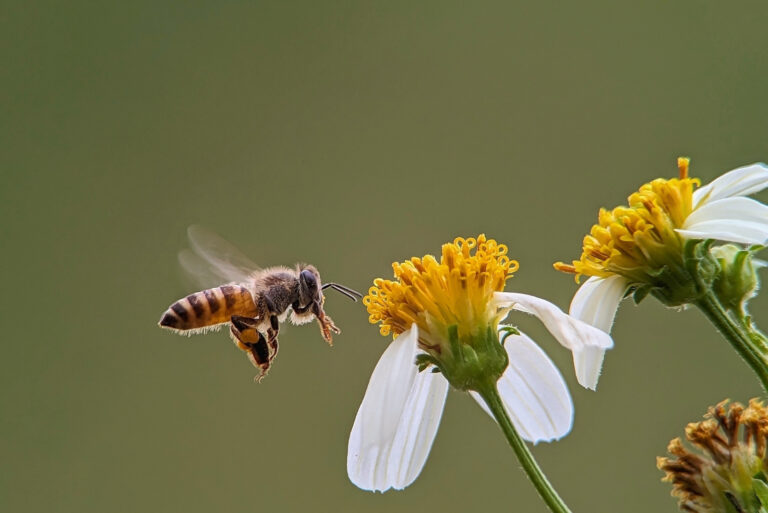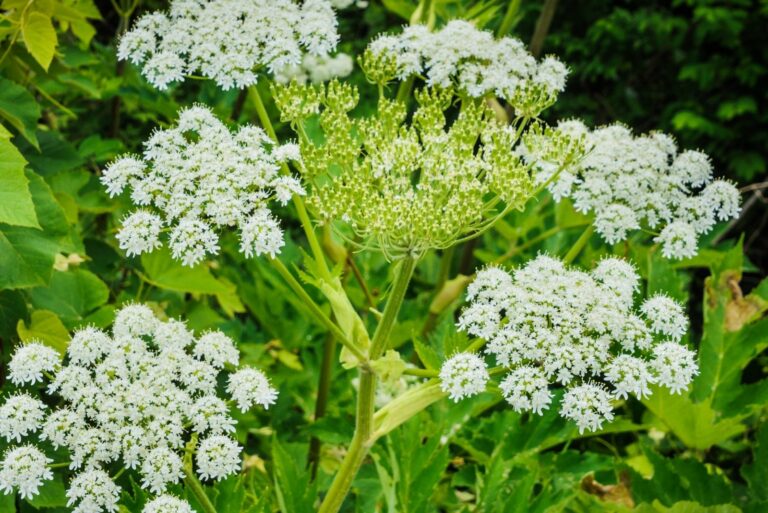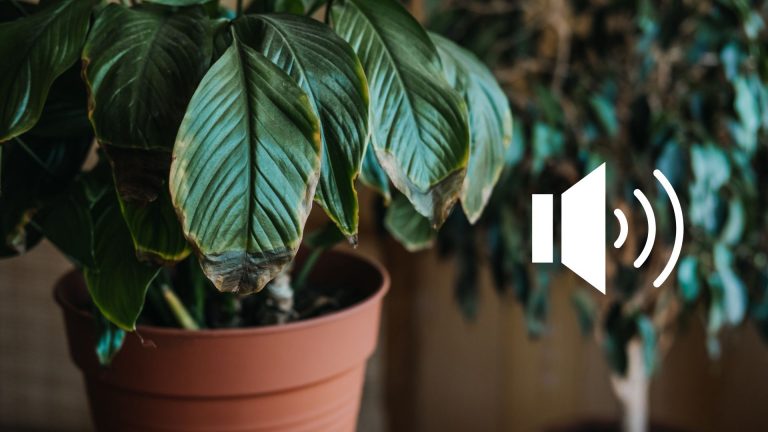10 Crops Pennsylvania Residents Aren’t Legally Allowed To Grow
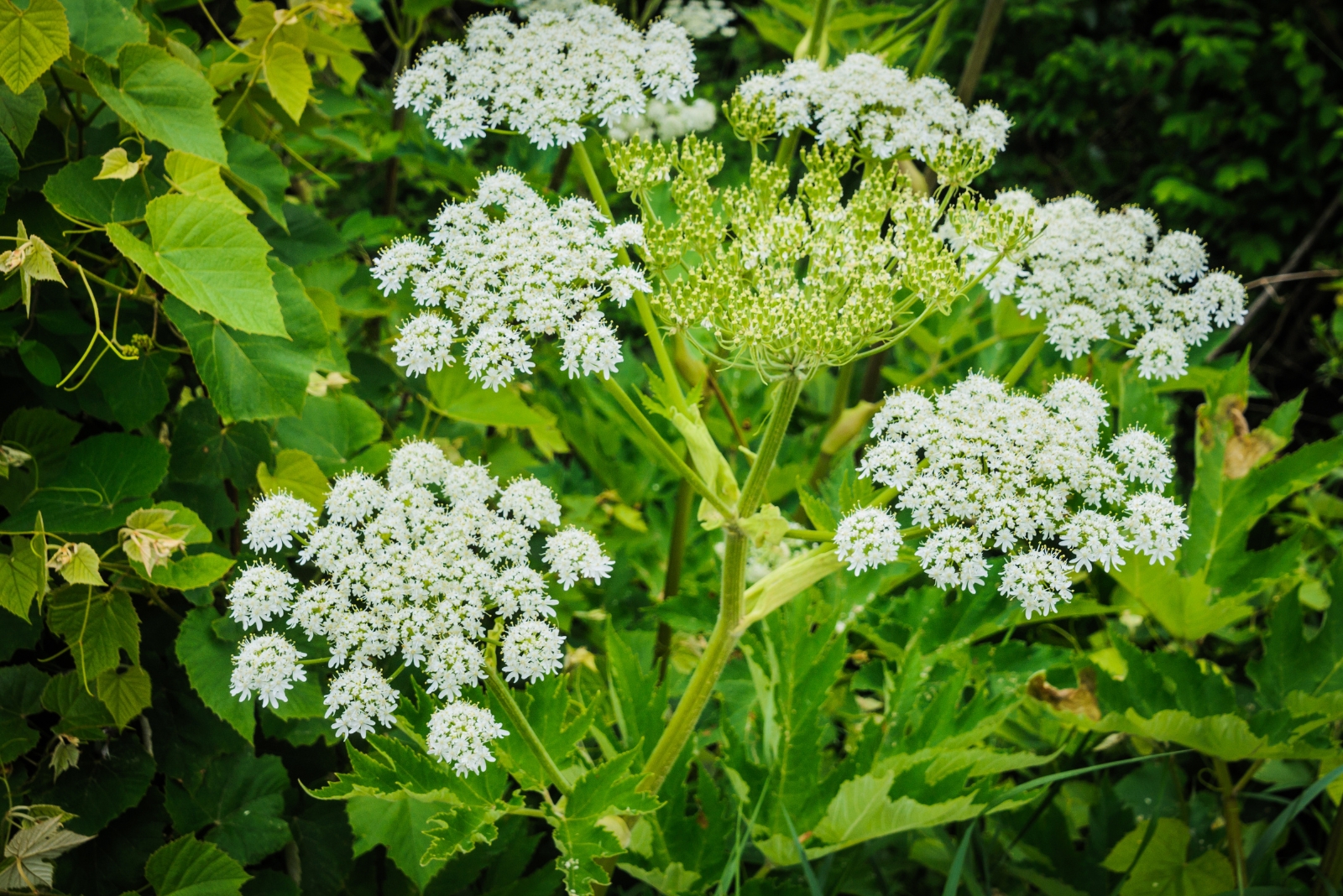
Pennsylvania has some unexpected limits on what you’re allowed to grow, even if the plants look totally harmless. I stumbled across one of these banned crops while browsing at a nursery and had to do a double take.
It’s the type of list that catches even longtime gardeners off guard. A quick heads-up can save you from planting something the state doesn’t approve of.
1. Cannabis (Marijuana)

Growing marijuana remains illegal for most Pennsylvania residents, even though medical cannabis is available through licensed dispensaries. Only state-approved growers with special permits can cultivate this plant legally.
Recreational marijuana cultivation carries serious penalties including fines and possible jail time. Even a single plant in your backyard could land you in legal hot water with local authorities.
Pennsylvania law is strict about this, so residents should stick to buying from legal medical dispensaries if they qualify for the program.
2. Opium Poppies (Papaver somniferum)
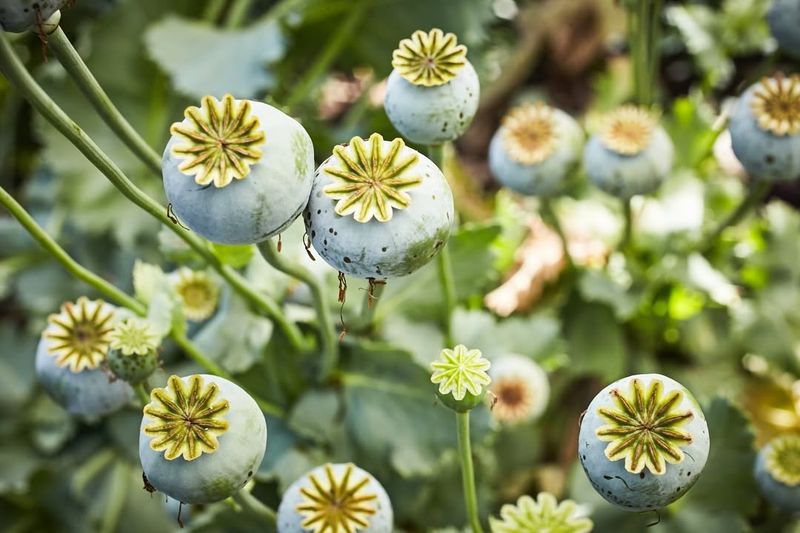
Papaver somniferum might look beautiful with its striking flowers, but growing it is federally illegal across Pennsylvania and the entire United States. The plant produces opium, which is used to make dangerous narcotics like heroin and morphine.
Even ornamental varieties are banned because they contain controlled substances. Law enforcement takes this seriously, and possession can result in federal drug charges.
Many gardeners don’t realize that pretty poppy seeds sold online might be illegal varieties, so always check before planting any poppy species in Pennsylvania.
3. Coca Plants
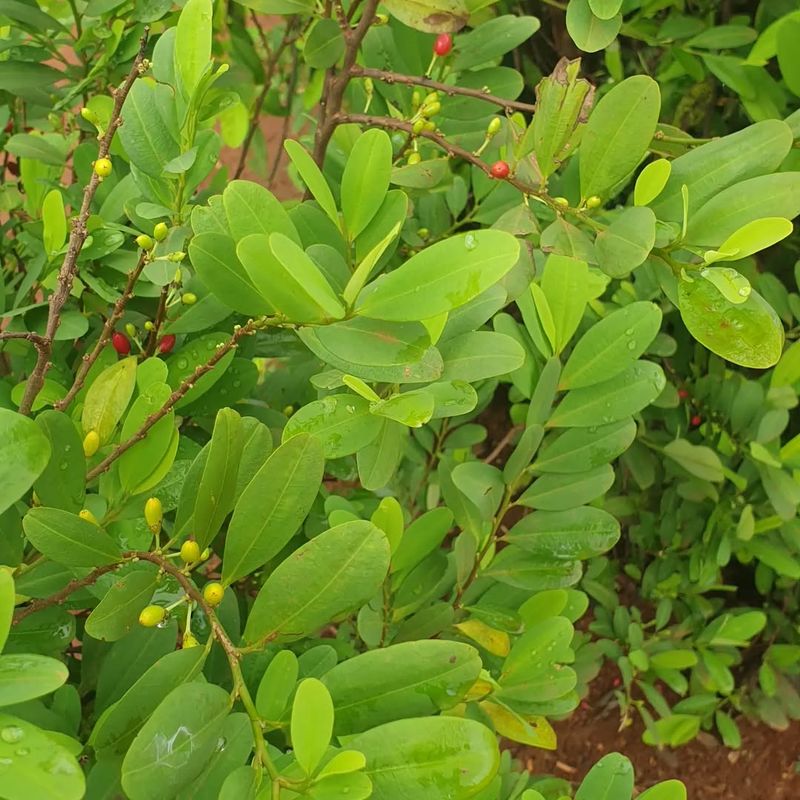
Coca plants produce the raw material for cocaine, making them completely illegal to grow anywhere in Pennsylvania. Federal law classifies coca as a Schedule II controlled substance with zero tolerance for private cultivation.
Originally from South America, coca plants can’t survive Pennsylvania winters anyway, but attempting to grow them indoors is still a serious federal crime. Penalties include substantial fines and imprisonment.
Even importing coca seeds or plants is illegal, so Pennsylvania residents should avoid any products containing live coca plant material regardless of claimed purposes.
4. Peyote Cactus

Peyote contains mescaline, a powerful hallucinogenic compound that makes this cactus illegal for Pennsylvania residents to grow. Federal law bans cultivation except for specific Native American religious ceremonies with proper authorization.
The small, button-shaped cactus grows slowly and has been used in spiritual practices for centuries. However, Pennsylvania gardeners face serious legal consequences for growing it without religious exemption.
Law enforcement monitors peyote sales online, and purchasing seeds or live plants can trigger investigations. Keep your cactus collection legal by avoiding this restricted species entirely.
5. Kudzu Vine

Nicknamed the vine that ate the South, kudzu is banned in Pennsylvania due to its incredibly aggressive growth pattern. This invasive species can grow up to one foot per day during summer months, smothering everything in its path.
Pennsylvania agriculture officials prohibit kudzu cultivation because it destroys native forests, damages buildings, and costs millions in environmental damage. Planting it violates state invasive species regulations.
The vine escaped from erosion control projects decades ago and became an ecological nightmare. Pennsylvania residents caught growing kudzu face removal orders and potential fines from environmental authorities.
6. Giant Hogweed
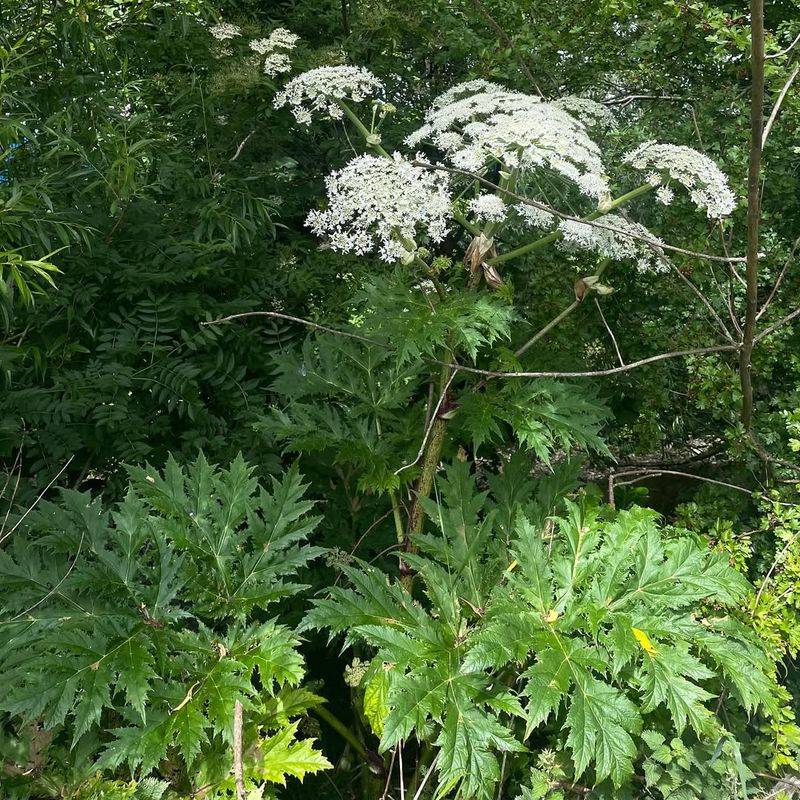
Giant hogweed towers up to 14 feet tall and looks impressive, but Pennsylvania strictly bans this dangerous plant. Its clear sap contains toxic chemicals that cause severe skin burns and permanent scarring when exposed to sunlight.
Children are especially vulnerable to hogweed injuries, which can lead to hospitalization. Pennsylvania’s Department of Agriculture actively works to eradicate existing populations and prohibits any intentional cultivation.
Reporting sightings helps protect communities from this hazardous invader. Never touch or attempt to remove giant hogweed yourself, as even brief contact causes painful blistering that lasts for months.
7. Japanese Knotweed

Japanese knotweed might seem harmless, but Pennsylvania bans its cultivation because it destroys property foundations, sidewalks, and drainage systems. The bamboo-like plant spreads through underground rhizomes that can penetrate concrete and asphalt.
Once established, knotweed is nearly impossible to eliminate and reduces property values significantly. Pennsylvania homeowners associations and municipalities enforce strict removal requirements.
The plant was originally imported as an ornamental species but quickly became one of the world’s worst invasive plants. Growing it intentionally violates Pennsylvania environmental protection laws and can result in mandatory eradication costs.
8. Purple Loosestrife
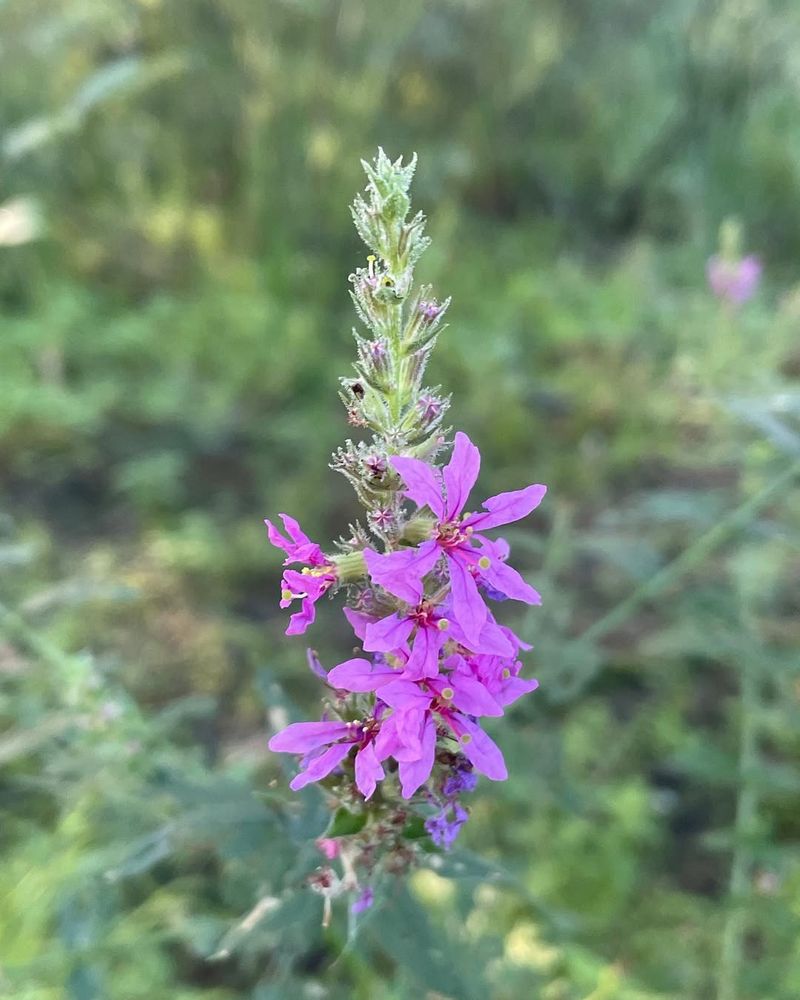
With gorgeous purple flower spikes, purple loosestrife seems like a perfect garden addition, but Pennsylvania prohibits growing this wetland invader. A single plant produces millions of seeds that spread rapidly through water systems and marshes.
Native Pennsylvania wetland plants can’t compete with loosestrife’s aggressive growth, leading to habitat destruction for fish and wildlife. State environmental laws ban selling, distributing, or planting this species.
Many garden centers accidentally sold loosestrife before the ban, causing widespread ecological damage. Pennsylvania residents who discover it on their property must report and remove it to protect local ecosystems.
9. Mile-a-Minute Weed
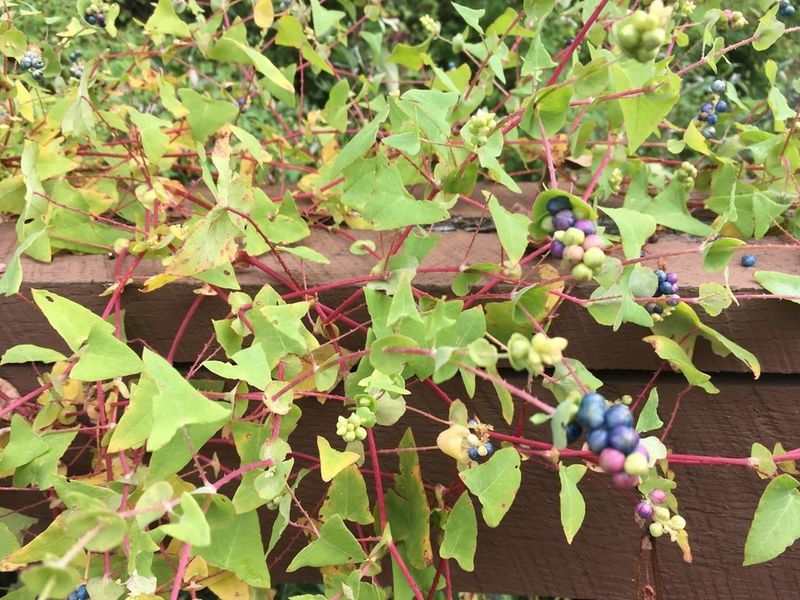
Mile-a-minute weed earns its name by growing incredibly fast and smothering everything beneath it. Pennsylvania agriculture officials ban this Asian vine because it destroys crops, forests, and gardens with alarming speed.
Barbed stems make removal painful and difficult once established. The plant produces thousands of seeds that remain viable for years in soil, making eradication extremely challenging for Pennsylvania landowners.
State nurseries are prohibited from selling mile-a-minute, and residents face penalties for intentional cultivation. Reporting new infestations quickly helps prevent this nightmare vine from spreading throughout Pennsylvania’s agricultural regions and natural areas.
10. Multiflora Rose
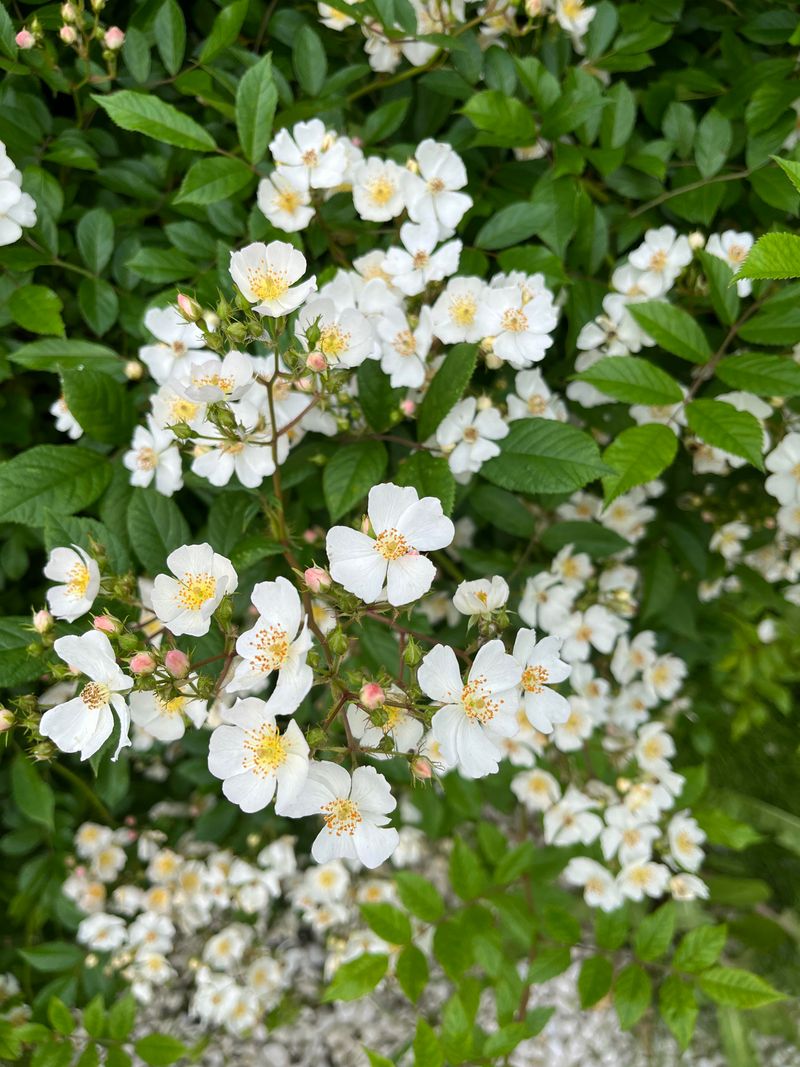
Multiflora rose was once promoted for erosion control and livestock fencing across Pennsylvania, but it’s now banned as a noxious weed. Dense thorny thickets form impenetrable barriers that take over pastures and crowd out native plants.
Birds spread the seeds widely, causing rapid expansion into new areas. Pennsylvania farmers spend thousands annually fighting multiflora rose infestations that reduce usable farmland and grazing areas.
Current state regulations prohibit planting or selling this invasive shrub. Pennsylvania property owners must control existing populations to prevent spreading onto neighboring lands and violating county weed ordinances.

